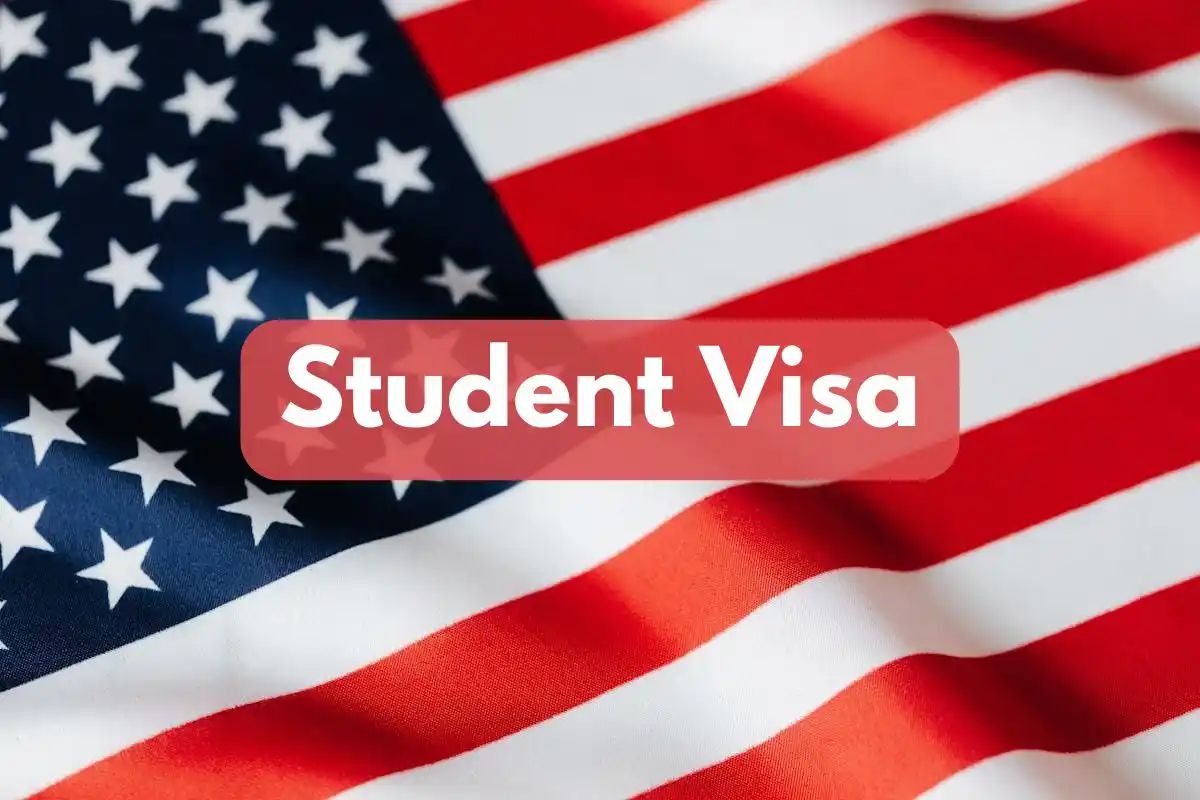
Change Radio
June 19, 2025 at 08:18 AM
*_US Resumes Student Visa Processing with New Social Media Screening Rules: The US has lifted its suspension on student visa processing, but new screening measures require applicants to make social media profiles public. Consular officers will now review online activity for signs of hostility toward the US, raising privacy concerns among international students preparing to study abroad._*
The United States has officially lifted its temporary suspension on student visa (F-1 Visa) processing, bringing relief to thousands of international students. However, the restart comes with a major change: mandatory social media screening.
The US State Department announced on Wednesday that all international student and exchange visitor visa applicants must now make their social media profiles public for thorough vetting by consular officers.
Why the US Had Paused Student Visa Issuance
The student visa program was temporarily halted in May 2025, reportedly as part of internal preparations to tighten digital background checks. The decision, made during the Trump administration, left many prospective students around the world in limbo.
With the academic year fast approaching, the delay caused uncertainty for international students trying to plan travel, secure housing, and register for classes in the US.
Advertisement
New Rule: Make Social Media Accounts Public
Under the new rules, student visa applicants are required to:
Adjust privacy settings on all social media platforms to public
Allow US consular officers to review their posts and messages
Cooperate fully with the screening or face possible rejection
According to the State Department, refusing to provide social media access may be interpreted as an attempt to hide potentially concerning behaviour.
What Are Consular Officers Looking For?
US visa officers will now closely examine social media accounts for:
`Follow and Share Change Radio for Real-Time News and Updates on WhatsApp!` https://whatsapp.com/channel/0029Va5kPp2KGGGQkePy4t1q
Posts or content perceived as hostile toward the United States
Comments undermining American government institutions or cultural values
Any red flags indicating security or ideological threats
The department says this enhanced vetting is necessary to ensure that “every single person attempting to visit our country” aligns with US values and poses no risk to public safety.
Advertisement
How to Apply for a US F-1 Student Visa
To apply for a US F-1 Student Visa, follow these steps:
Get accepted by a SEVP-approved US school.
Receive Form I-20 from your institution.
Pay the SEVIS fee online.
Complete the DS-160 form on the US visa website.
Schedule your visa interview at a US embassy or consulate.
Attend the interview with required documents, including Form I-20, passport, financial proof, and academic records.
Make sure your social media profiles are public, as enhanced screening now applies.
Global Student Community Reacts
The policy shift has sparked concern among international students and education advocates. Many worry about the invasion of privacy and the ambiguity surrounding what constitutes “hostile” content.
Some students have also expressed fear that older posts, taken out of context, could jeopardise their educational future in the US.
Advertisement
What This Means for Future Applicants
If you’re planning to apply for a US student visa:
Review your social media activity before applying
Avoid deleting content abruptly, as this may raise suspicion
Ensure your profiles are publicly accessible during the application process
The US remains one of the top destinations for international education, but with digital scrutiny now part of the process, students will need to be extra cautious.
A New Era for US Student Visas
While the reopening of student visa services is welcome news, the requirement for social media transparency marks a significant change. Applicants should stay informed, prepare thoroughly, and ensure their online presence reflects positively during the visa review process

😢
🙏
❤️
5